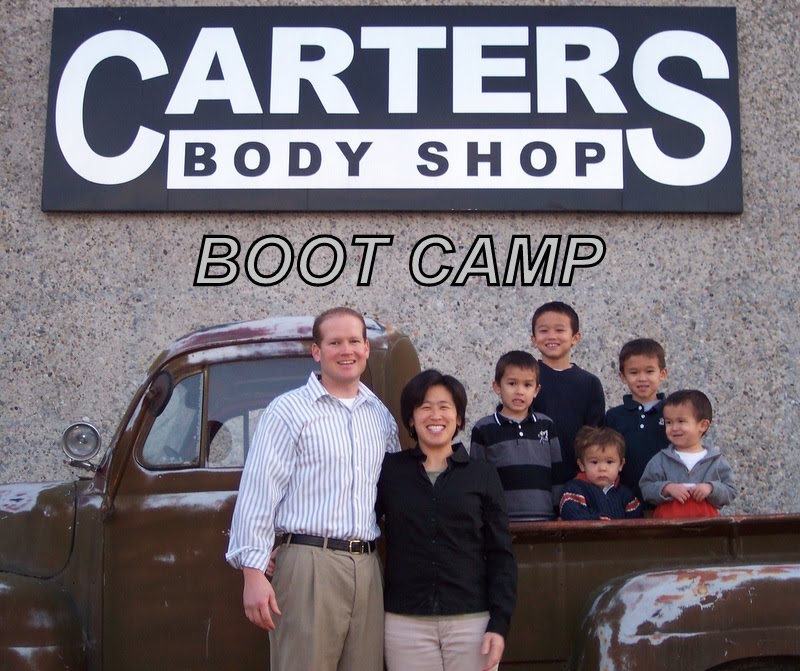Damage Control For Holiday Eating “Accidents”
Tom Venuto
At this time of year, most people have gone to a holiday gathering and found themselves with a belly stuffed with far more calories than they would normally ever eat. Some feel little shame for eating a cake or drinking half the bowl of punch, but others find themselves feeling guilty afterwards and can’t help but think, “oops, I shouldn’t have eaten that.” In the last couple of weeks, I’ve read numerous articles about about how to deal with this. One article was focused on “controlling damage” by making diet adjustments AFTER an over-sized meal. But is this approach a good idea?
QUESTION: Tom, I have a question which you might want to use in your next Q and A column. I think this is especially applicable during the Holiday season. My question is: If you accidentally pig out or over-indulge at a meal, (a Holiday party for example), are you better off skipping your next meal to keep your daily caloric intake on target, or should you just go ahead and eat your next planned meal and not worry about being somewhat “over” your planned calories for the day?
Michael
Wisconsin, USA
ANSWER: Hi Michael. Thats a very good question, but I have to admit I did get a little chuckle out of the “accidental” part! Do you ever really “accidentally” eat anything? Maybe we eat “impulsively” at times, but I think we all need to take responsibility for everything we eat and how much we eat. With a little bit of meal planning, you can actually work holiday meals into your program without doing any damage at all - in fact, you should.
If you did overindulge, I usually wouldn’t recommend skipping your next meal to make up for it (Unless you were literally too full to eat again). I also wouldn’t recommend skipping meals or cutting back the next day, either.
Any time you fall off the wagon, I generally recommend returning immediately to your “regularly scheduled meal programming,” because this continues to encourage the strengthening of positive habits such as eating the same foods at the same time on a consistent meal schedule every day.
Habits are everything. It’s not what you do once in a while that matters, it’s what you do every day that really counts.
Then, I recommend immediately looking ahead and making plans for how you are going to handle the situation in the future so it doesn’t happen again.
Holiday meals can very easily be worked into your regular nutrition plan. It’s almost always a better idea to allow yourself a couple of weekly “free meals” (aka “cheat meals”) all year round anyways. Why not just plan ahead to make each holiday gathering one of those meals and then enjoy them guilt-free?
If your goal is fat loss and you’ve been in a caloric deficit, sometimes it’s actually beneficial to eat more occasionally, rather than staying on a strict reduced-calorie diet 100% of the time. Your metabolism has a way of slowing down if you keep your calories too low for too long. With occasional (planned) higher calorie days, you’d be using the BURN THE FAT “zig-zag” or “carb cycling” principle, so eating more in this context can be actually a positive thing.
(Note: You can learn more about this technique in the Burn the Fat, Feed the Muscle program).
Although I do recommend calorie levels based on daily (24 hr) needs, I believe it’s also helpful to also pay attention to 3 hour “windows” when you’re thinking about adjusting your caloric intake.
Calories and macronutrients (protein/aminos, carbs/sugar and fat) are partitioned into glycogen, muscle or fat tissue or metabolized immediately depending very much on present moment energy and recovery needs and on what’s going to happen over the next 3 hours or so as the food enters your system.
If you hit the gym and trained with a full head of steam before your “feast”, you probably have little to worry about. If you ate more AND plan to be plopping down on the couch to watch football games for the rest of the day and night after that big holiday meal, beware - you might just want to cut back on that next meal a little, especially starches and sugars.
I suppose that’s part of the problem. Some people stop working out over the holidays because they figure “What’s the use” and “I’ll start on January 1st.
But others turn up the intensity or volume of their training a bit. In fact, hundreds of people are doing just that right now as part of our Burn The Fat Holiday Fitness Challenge at the Burn The Fat Inner Circle.
Just a couple weeks into it, the majority of the challengers are already down at least several pounds and a percentage point of body fat - and that included over Thanksgiving!
Bottom line: It’s okay to eat small amounts of your favorite junk foods once in a while as planned “free meals,” and it’s a good idea to strategically eat more from time to time to keep your metabolism humming along.
However, there’s a big difference between a planned “cheat meal” or a planned high carb, “re-feed” day and an unplanned binge on junk food. You best bet if you’re really serious about fat loss is to avoid huge meals completely.
Enjoy the holiday food - but in small amounts! ALWAYS practice portion control - even on holidays.
If you ever do slip, don’t beat yourself up, just get right back on the wagon with your next meal and remember, the past is behind you and today is a new day.
Subscribe to:
Post Comments (Atom)


No comments:
Post a Comment